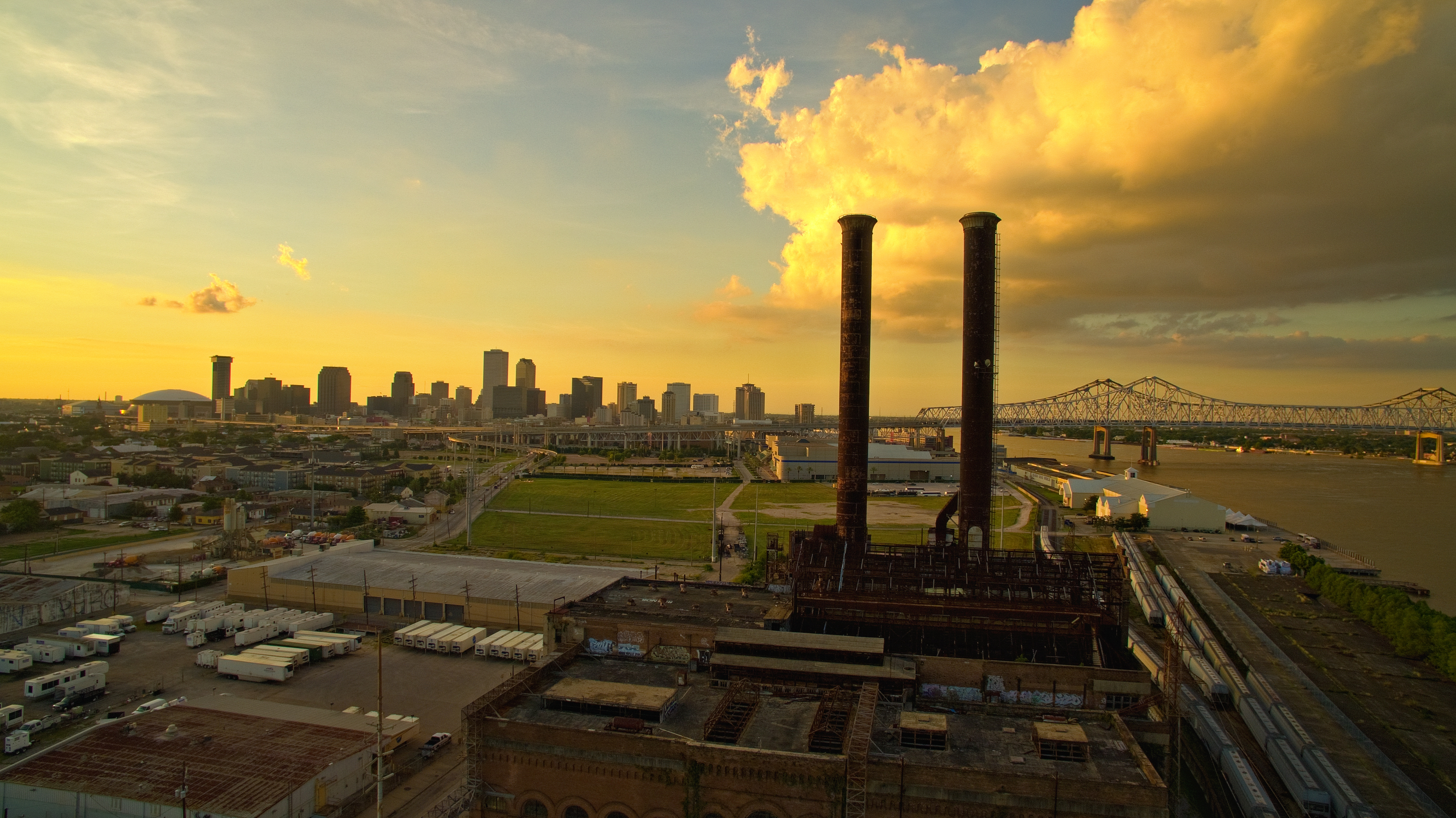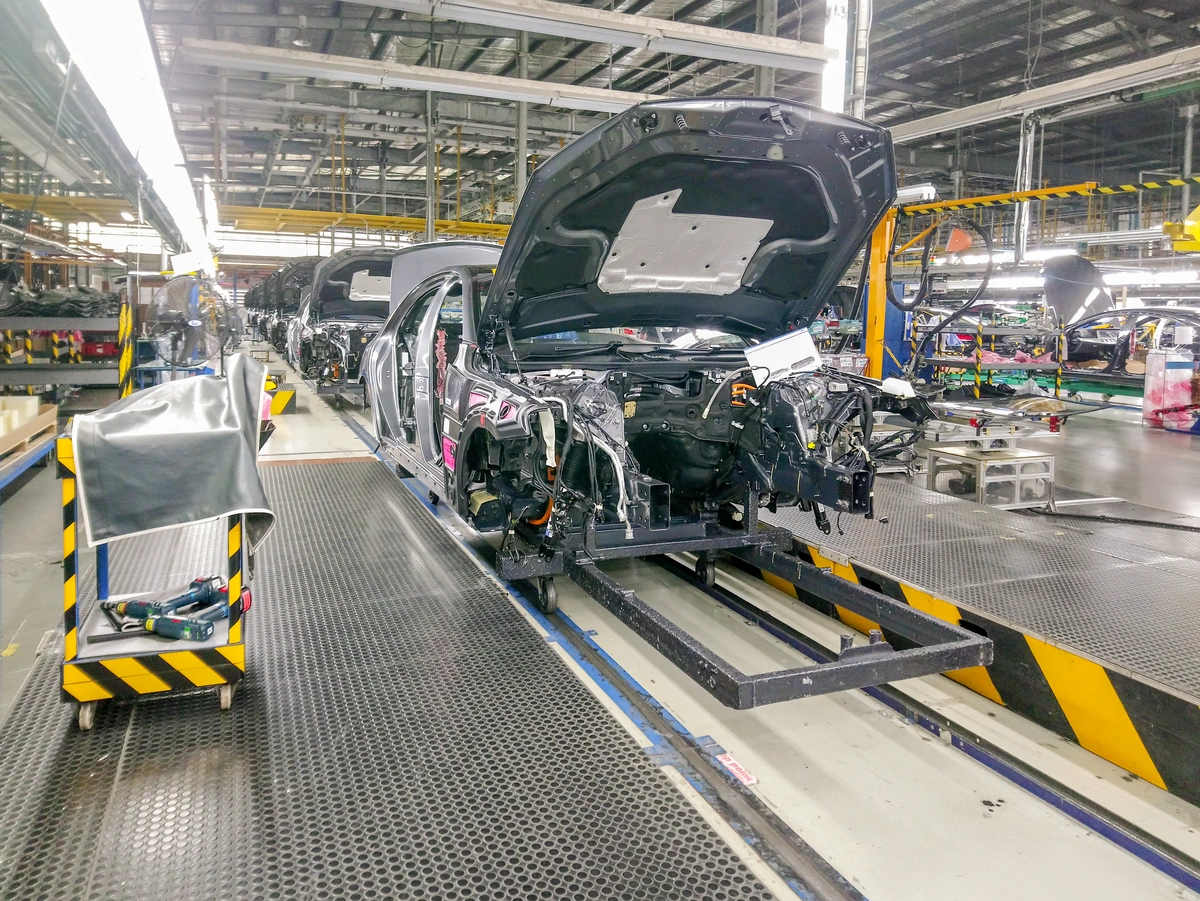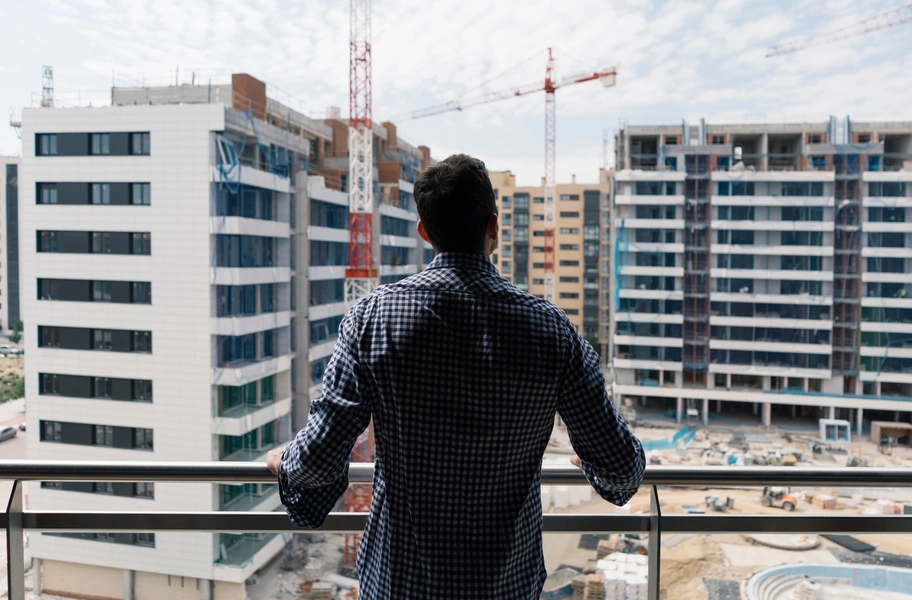President Joe Biden’s bipartisan, $1.2 trillion Infrastructure Investment and Jobs Act, if passed, will be the largest federal investment into infrastructure projects in over a decade. It is a once-in-a-generation investment to address persistent economic disparities. Some have maintained that many of the bill’s initiatives fall outside of what is traditionally thought of as infrastructure - roads, airports, transit, housing, water and sewer, and inland waterways - and they’re right. While the majority of the bill funds projects not considered “traditional” infrastructure, the pandemic has reminded us that everything is indeed interconnected. A 21st century approach to infrastructure is one that is redefined, inclusive, and comprehensive.
Not only does this bill seek to redefine infrastructure, but it also seeks to address longstanding inequities. Advancing racial equity and economic justice is a key component throughout this national priority.
-
Nearly $90 billion will go to improving public transit – according to a Pew report, 23% of Black Americans and 15% of Hispanic Americans use public transit, compared to only 7% of white Americans. In addition, surveys have shown that women rely more on public transit than men and the disabled community also relies heavily on public transit.
-
Over $50 billion will be invested in making communities and infrastructure more resilient to extreme weather and climate related disasters. With the devastating effects of the recent Hurricane Ida being felt all across the nation, resiliency and hardening of infrastructure is no longer just about coastlines and previously-identified high-risk flood zones. Natural disasters like Ida have a disproportionate impact for certain demographics, like individuals with disabilities, who are 2 to 4 times more likely to be injured or killed in major disasters and emergencies.
-
Another $55 billion will go towards increasing access to clean drinking water. Currently, up to 10 million American households and 400,000 schools and child care centers lack safe drinking water. In addition, data from the Environmental Protection Agency reveals that public water systems that constantly violate the Safe Drinking Water Act are 40% more likely to serve people of color.
-
One billion dollars will facilitate the demolition and reconstruction of street grids, parks, and other infrastructure that were historically built to racially segregate communities.
Environmental remediation, cleaning up and reclaiming brownfield sites, abandoned mine lands, and orphaned gas wells are priorities for climate justice advocates, and the bill carves out $21 billion toward these mitigation measures. These investments are critical for communities of color that are in disproportionate proximity to environmental hazards, resulting in significant health impacts – nationally, 13.4% of Black children have asthma, compared to only 7.3% of white children.
This federal infrastructure investment has the potential to impact the workforce as well. As the nation recovers from the COVID-19 pandemic, women are recovering jobs in construction at a faster rate than any other industry. The construction industry is currently facing labor shortages and an aging workforce, and the bill will create another 11 million jobs in the sector. All these factors may push more women into construction jobs, a sector that has historically excluded them. Government and companies still must take proactive steps to ensure women will benefit from the increase in job opportunities the bill would create.
Both public and private entities must work with – not against – communities when deploying capital to avoid repeating infrastructure failures of the past. To complete vital projects on-time and on-budget, data analytics and robust community engagement are imperative.
This is the intersection at which Ichor differentiates itself: a data-driven approach to risk mitigation – from inception through completion – focused on equity and environmental justice.
-
Data analytics: Different departments within an organization may prioritize data differently. Ichor can help companies determine the most critical information for substantial impact and build models to fill in data gaps. In addition, Ichor’s Geographical Information Systems (GIS) capabilities can identify meaningful patterns in public and industry data, as well as analyzing and mapping this data with other socioeconomic factors to identify trends and evaluate the most significant barriers to access and equity.
-
Research: Ichor’s research focuses on community voices, case studies, and unique pain points to help businesses gain a better understanding of their markets, allowing them to shape initiatives and partnerships that prioritize neighborhoods and communities that suffer from disinvestment and deteriorating infrastructure. This research gives companies an in-depth picture of the political, socioeconomic, and industry landscape, allowing them to address the key issues their communities are facing, whether lack of internet access or limited public transit options.
-
Community Engagement: Ichor connects companies and communities, helping both sides engage in mutually beneficial collaboration. We facilitate discussions between businesses and local leaders, ultimately creating pathways to advance health, economic, and social mobility and foster goodwill and long-term relationships. By forging authentic connections with trusted community leaders, companies can better understand the risks, opportunities, and needs in underserved areas.
To learn more about how Ichor champions change and elevates enterprise through impactful community strategy, visit our Capabilities Overview.




